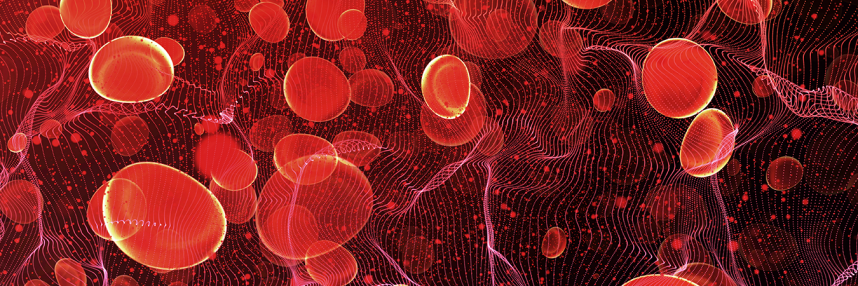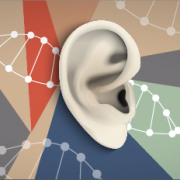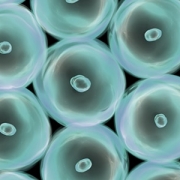Haemophilia: Have we found a cure?
A new gene therapy for treating this rare condition has shown success at clinical trial
A new gene therapy for the treatment of haemophilia B is currently being tested on 10 patients as part of a clinical trial led by Royal Free London Hospital consultant haematologist Dr Pratima Chowdary. Each of the 10 patients received a single infusion of the therapy over the course of an hour, and then took immunosuppressive drugs for several weeks to prevent their immune systems from rejecting it.
The first results from the trial, published in the New England Journal of Medicine, have provided clinicians with hope that a cure for haemophilia B is not only possible, but probable.
Haemophilia and X-linked inheritance
Haemophilia is a rare disease, usually inherited, that affects a person’s ability to produce clotting factors, which are proteins that are normally present in the blood serum. Clotting factors are an essential part of the complex set of interactions that cause blood to clot when a blood vessel is damaged. This means that people with haemophilia bleed for longer after a cut or injury, bruise more easily than unaffected people, and have a higher risk of developing internal bleeding – inside joints, for example, or in the brain.
The two main types of haemophilia are known as haemophilia A and haemophilia B, which affect clotting factor VIII and IX respectively. The genes that encode both these proteins are located on the X-chromosome, making both types of haemophilia X-linked conditions. Because women have two X chromosomes and will therefore usually have a second, healthy copy of the clotting factor gene to fall back on, haemophilia predominantly affects males.
There is currently no cure for haemophilia. The main treatment involves administering replacement clotting factors by injection, usually on a weekly basis. This reduces the risk of severe bleeding, but many patients continue to experience joint pain and damage.
“We have a lot of young patients in excruciating agony,” Dr Chowdary told the BBC, “and there’s nothing we can do to reverse the joint damage.”
Gene therapy and results
The new therapy, which is known as FLT180a and has been described by Dr Chowdary as “transformational” in the treatment of haemophilia B, uses a harmless adeno-associated virus to carry a working copy of the gene that codes for factor IX into the patient’s liver cells.
The therapy was administered in a one-off infusion, after which patients were given immunosuppressants over the course of several weeks. When clinicians reviewed the group two years later, 9 out of 10 patients were found to be making factor IX in their liver cells in sufficient quantities that they no longer required the injections that, prior to the study, had been a regular part of their lives.
“I’ve not had any treatment since I had my therapy,” Elliot Mason, one of the trial participants, told the BBC. “My life is completely normal, there’s nothing that I have to stop and think, ‘How might my haemophilia affect this?’.”
All the patients who took part in the trial will be followed up by clinicians for the next 15 years to make sure the treatment is safe and to check that they continue to generate sufficient levels of factor IX.
This trial is the latest in a series of breakthroughs in the treatment of haemophilia, with similar results reported after a clinical trial of a gene therapy for haemophilia A in 2017. Although a spokesperson for the haemophilia society said it would monitor gene therapy trials “cautiously”, Dr Chowdary is firm in her prediction that a cure for haemophilia “will be a reality for the majority of the adults in the next one to three years.”
–









